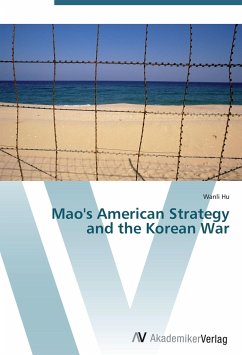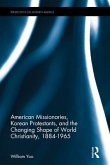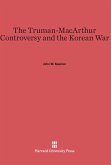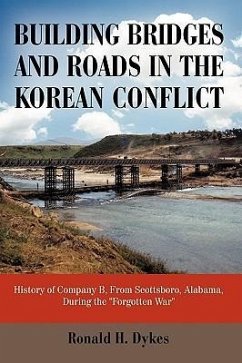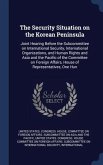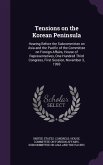Revision with unchanged content. How People s Republic of China interacts with the United States will partly determine the world s order in the 21st century. The Korean War the only time that China confronted the U.S. remains a rich source for lessons on the Sino-U.S. relationship. War was the last thing China needed in 1950, and Mao Zedong never really got along with Joseph Stalin, so why did Mao decide to lean toward the USSR and to challenge the United States? What was the context and rationale for Mao s decisions? These questions were analyzed and answered in the context of Mao s American strategy. The strategy was established after direct contact with U.S. officials and analyses of U.S. policy during and after World War II. Mao was convinced in the 1940 s that the U.S., for its own national interests, would interfere with China s internal affairs sooner or later, and that a military confrontation was so likely that it was only a matter of when and where. Mao s American strategy was important then, and still is for China to consider its contemporary foreign policies. Without understanding this strategy, it is difficult to forecast what the China-U.S. relationship might be in the 21st century. The book is written for historians, diplomats, military strategists, and anyone who is interested in an understanding of the historic perspective that China brings to its foreign policy.
Hinweis: Dieser Artikel kann nur an eine deutsche Lieferadresse ausgeliefert werden.
Hinweis: Dieser Artikel kann nur an eine deutsche Lieferadresse ausgeliefert werden.

